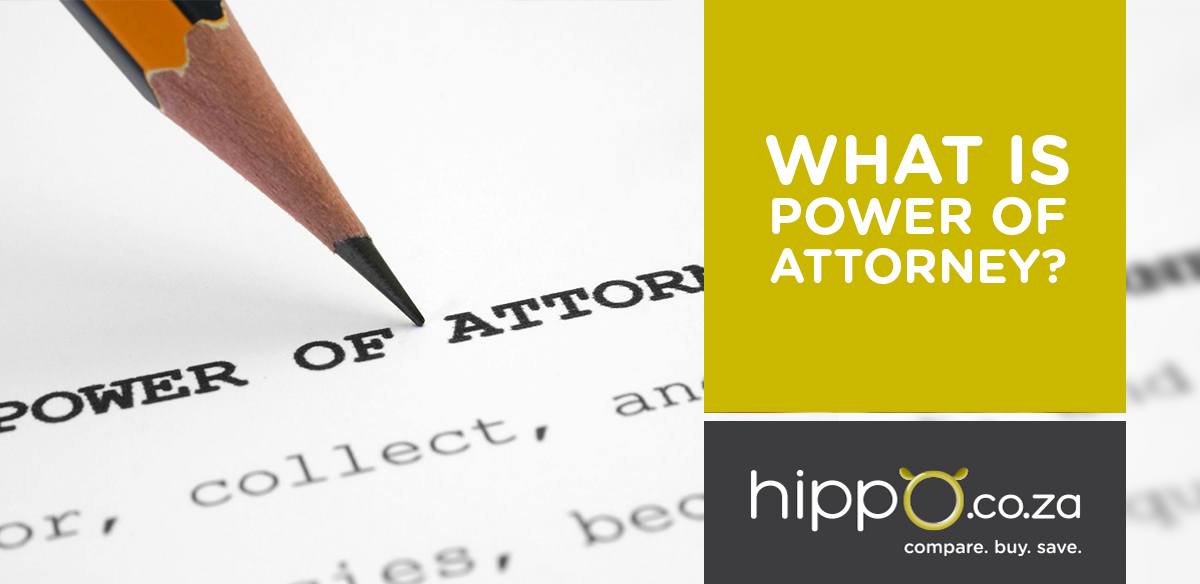What is Power of Attorney?

Power of attorney is a signed document which gives a person the ability to give another the right to make decisions and sign legal documents on their behalf. The person who gives another this right is known as the ‘principal’, and the receiver of this right is known as the ‘agent’. Power of attorney can only be granted if the donor is still competent enough to make decisions themselves, but has chosen another to make certain decisions for them while temporarily unavailable, due to being out of the country or in hospital.
Power of attorney is no longer valid when the donor’s mental state is reduced to the point where they cannot make relevant decisions themselves. According to the South African Law Reform Commission (SALRC), an attorney will be liable for making decisions after the power of attorney agreement is no longer valid. For those who intend to take over the decisions of someone who is no longer able to, they must apply to become a curator or administrator and take over control of the person’s assets. This can be done by applying to the High Court, which will guide them through the process. Power of attorney comes in two forms to suit different needs, general power of attorney and special power of attorney:
General power of attorney:
This gives the agent power to make decisions on and sign a wide variety of documents on the principal’s behalf. It includes any financial or legal activity that the principal is not present to make.
Special power of attorney:
This limits the agent’s power to specific activities that the principal has stipulated. The agent may only take decisions on these activities and nothing else. For example, if you have stipulated that while not in the country your agent may make decisions on your Business Insurance on your behalf, then this is all they are allowed to do.

A principal can appoint anyone to have power of attorney as long as they are over the age of 18, and they are confident that the person in mind is competent to take on financial and/or legal decisions on their behalf. While there is no formal document to be signed in order to appoint someone, Nicholas Yeowart, the managing partner at RFJ Yeowart Attorneys in Cape Town, advises those seeking to appoint an agent have one drawn up, as in his experience banks have not accepted a power of attorney unless it has been formalised on their stationery. He further advises principal’s to include witness signatures on the document to enhance its validity.
Power of attorney is an agreement purely to ensure that a competent person is available to make important decisions and sign important documents on your behalf if you are temporarily unavailable. As soon as you become unable to competently make decisions and actions on your own, the agreement becomes null and void.
Disclaimer: This article is provided for informational purposes only and should not be construed as financial or legal advice. Hippo.co.za and its affiliates cannot be held responsible for any damages or losses that may occur as a result of this article.
Hippo Blog Categories

































